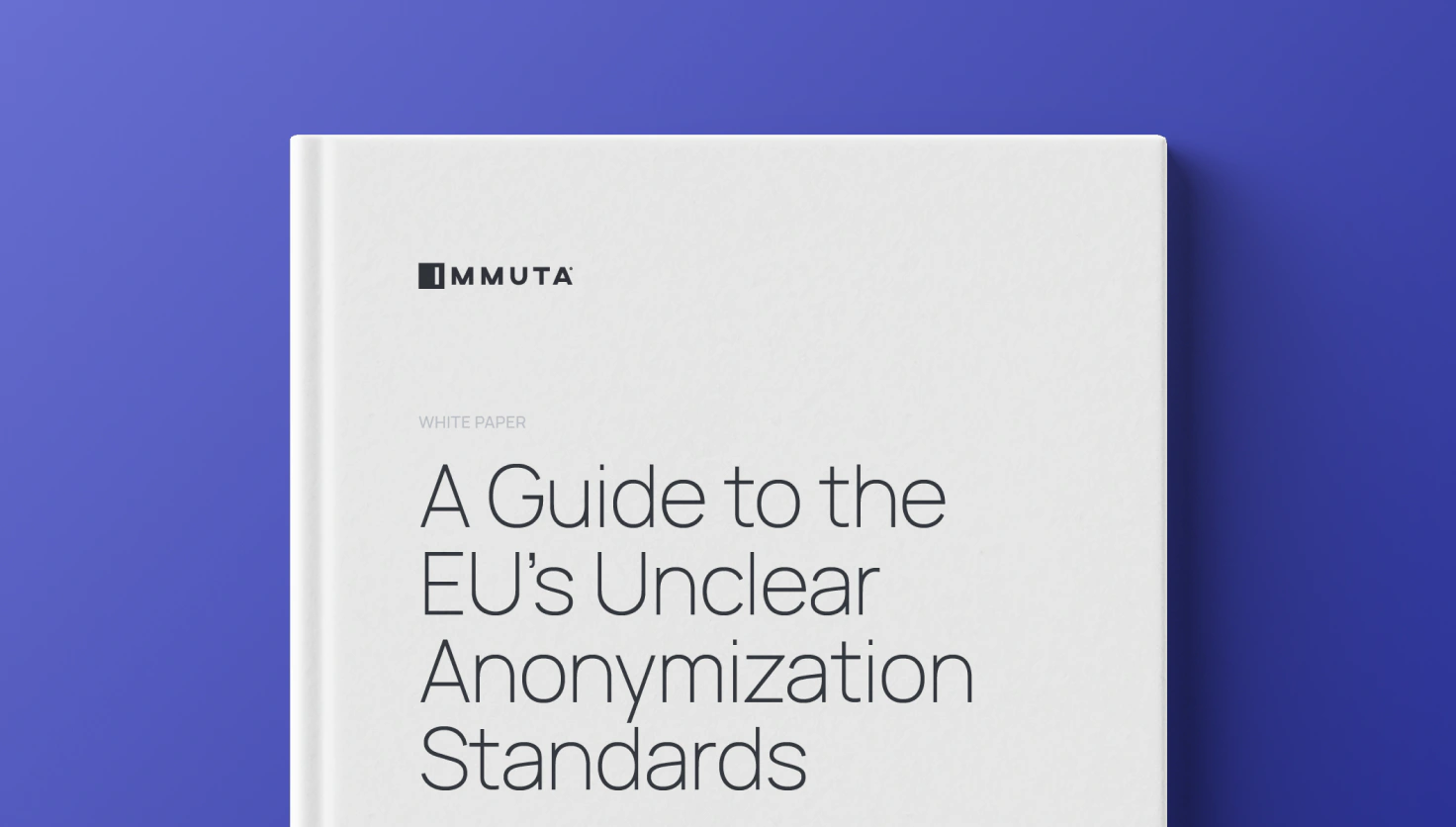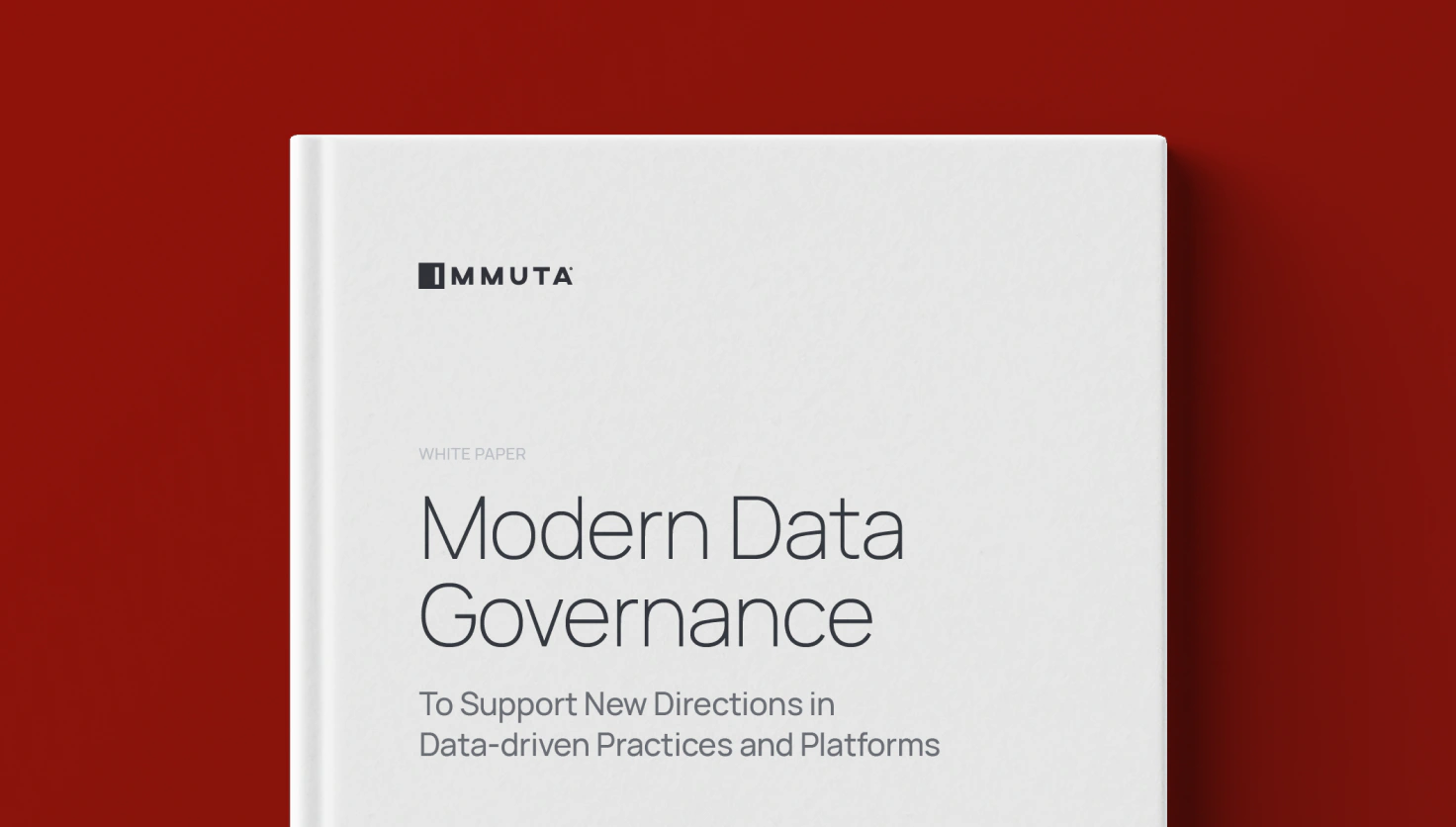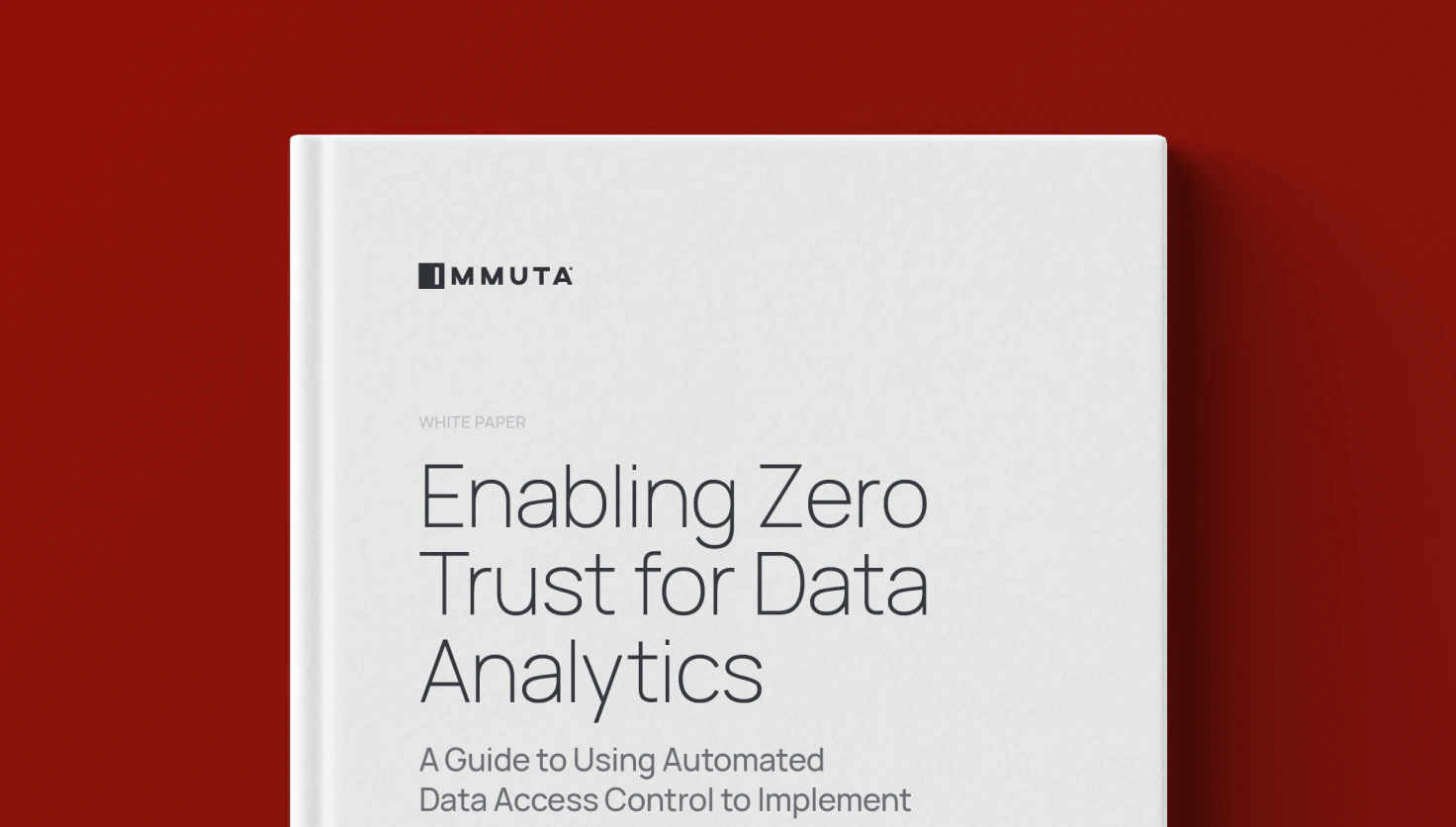A Guide to EU Data Anonymization Standards

The EU’s General Data Protection Regulation (GDPR) is among the most influential data compliance laws and regulations in the world – setting the standard for how global organizations implement their data security and privacy programs.
What Are the EU’s Data Anonymization Principles?
While the GDPR does not explicitly define a data anonymization standard, it provides general principles for effective implementation. These include ensuring data anonymization is irreversible, takes into account an organization’s specific risks, does not interfere with data utility, and is well documented for auditability and accountability.
In order to comply with the GDPR – which is a necessity for EU-based organizations and those that do business with them – adopting appropriate data anonymization techniques and tools is essential. However, the GDPR and EU data protection laws more generally, suffer from one central problem: their data anonymization provisions are unclear.
This white paper identifies the potential points of confusion relative to data anonymization, and how to navigate them. You’ll learn:
- Why the state of data anonymization remains so uncertain
- Four data anonymization options for organizations seeking to comply
- How to choose the right approach for your data needs


